Category: Journal
-
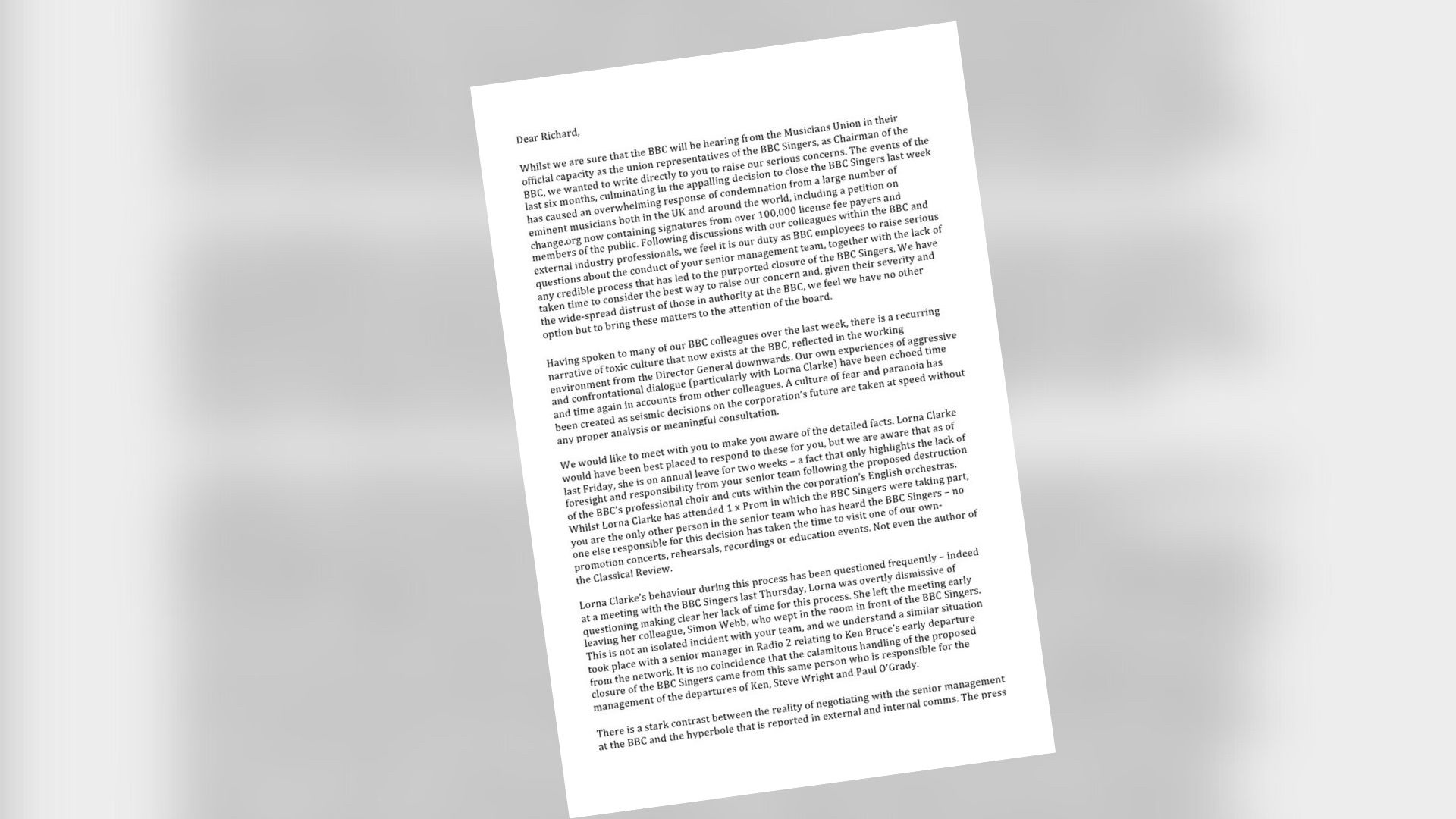
That email
The ‘leaked’ email from BBC Singers producer Jonathan Manners (which probably isn’t leaked) is a depressing read. It provides a string of evidence that confirms what I’d previously only suspected or imagined. This isn’t it seems the stuff of a cheap BBC One drama. It’s actual real life. Somebody with little interest in their work,…
-
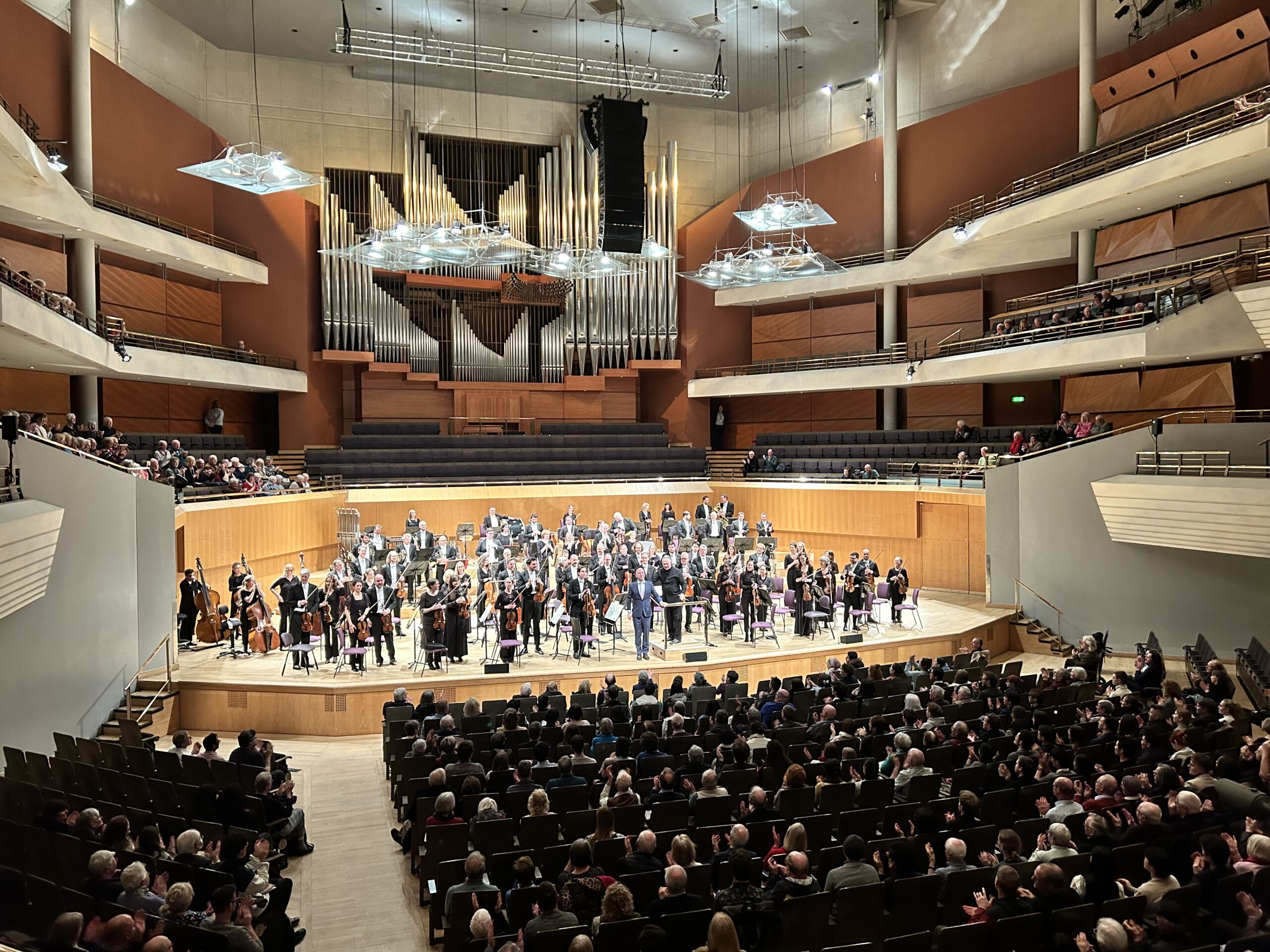
Halle premieres Huw Watkins’ Symphony No. 2
They are a phenomenal band. The strings are powerful, responsive and dynamic. The woodwind ensemble is not like anything I have heard in the UK in recent years. Crystal clear articulation, a beautiful melding of timbres throughout, and the sweetest, clearest, most delectable of flute sounds crowning the lot.
-
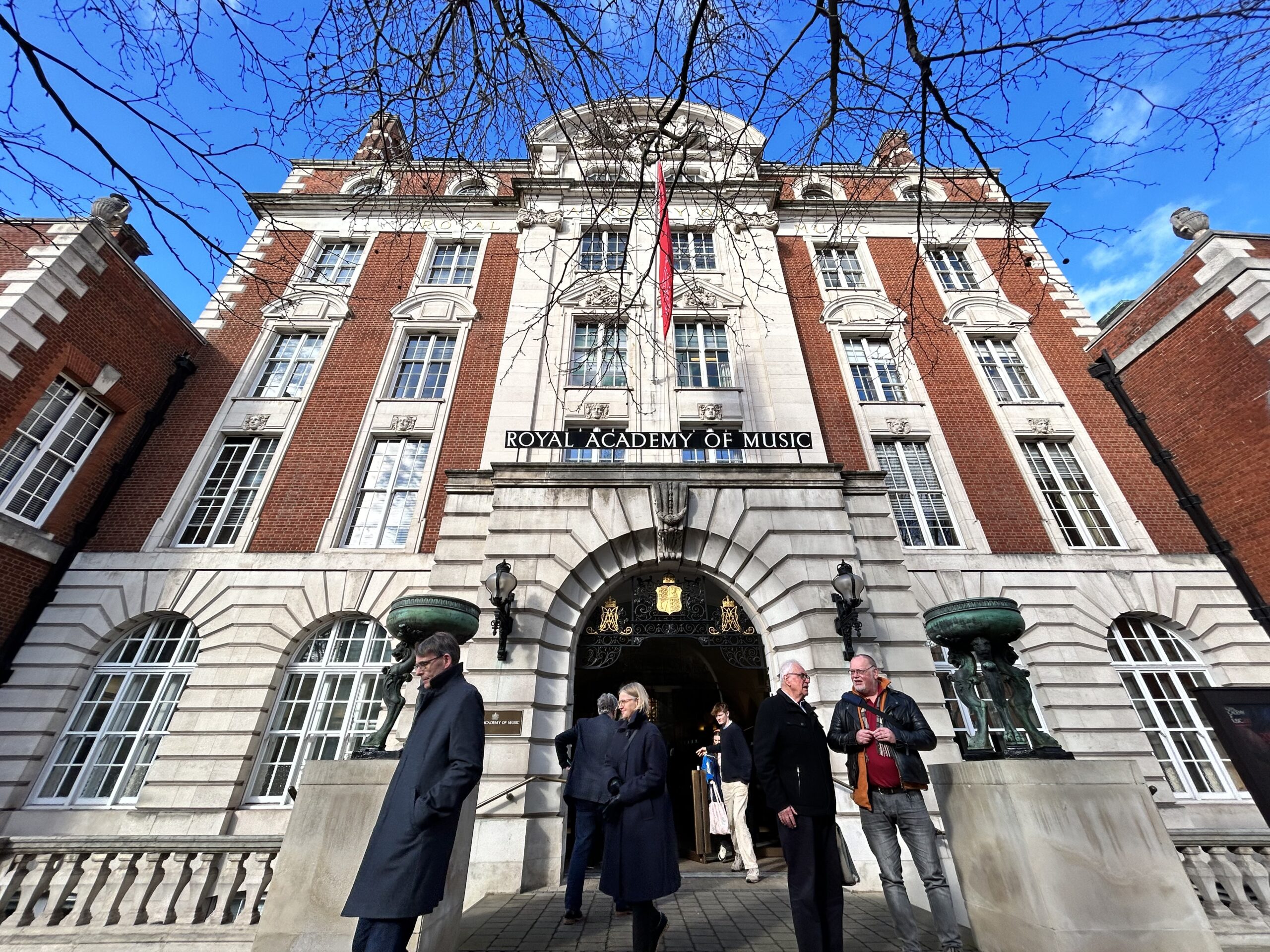
Royal Academy Symphony Orchestra play Verdi, Wagner and Strauss with Sir Mark Elder
An impressive dynamic range from an extremely responsive group of players. The Royal Academy of Music Symphony Orchestra were basically on fire throughout.
-
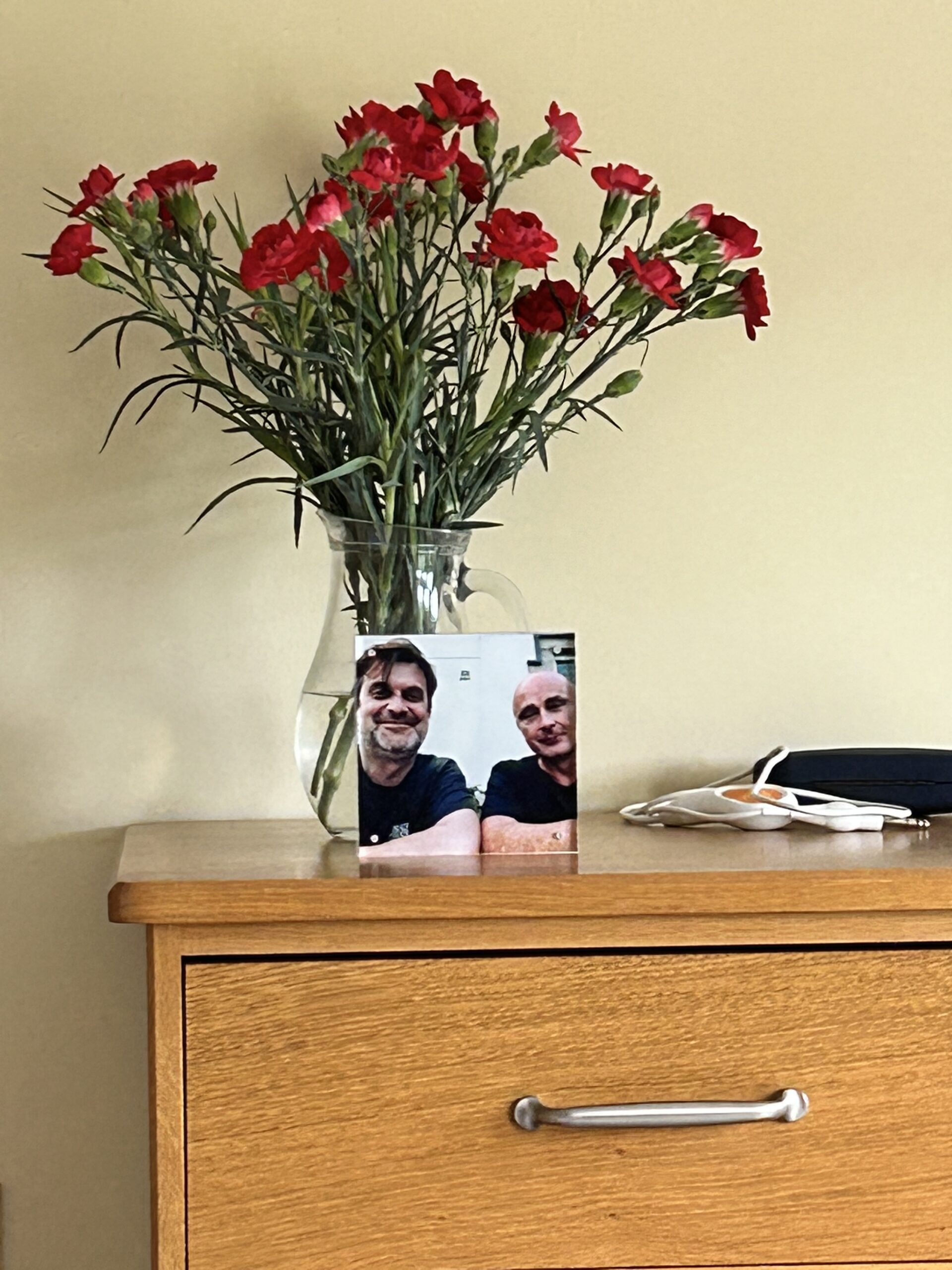
Currency
Sharing recent news with my octogenarian mother, the person who set me on a path to classical music.
-
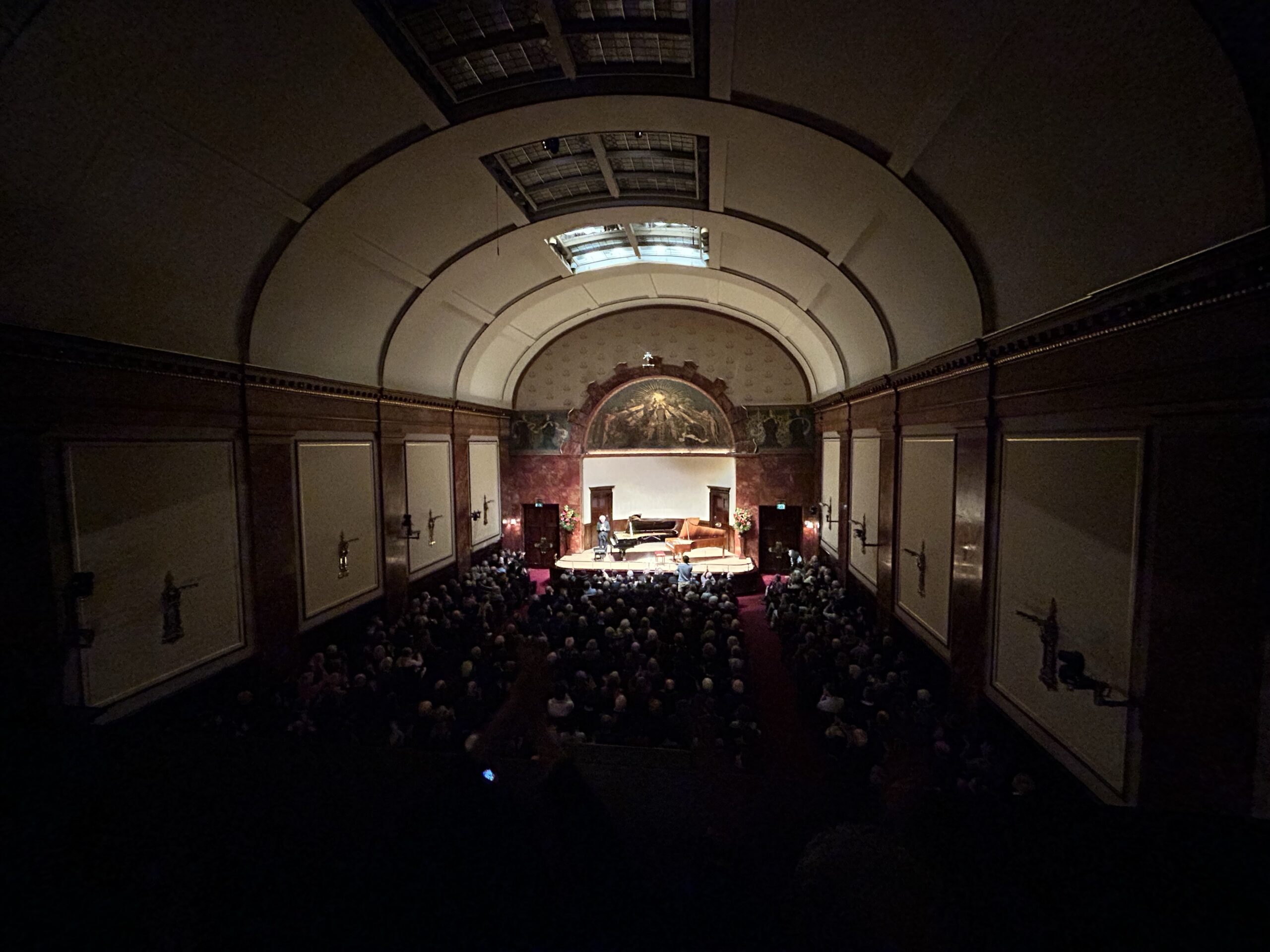
Expecting and getting the moon on a stick from Schiff
I emailed Wigmore Hall Box Office first thing asking for returns for Schiff’s Monday night gig. I’d no idea what was on the programme and in some respects I didn’t care. What I craved was simple. I wanted to slouch in a velvet seat, stare at the ceiling and spirit myself into a space created…
-
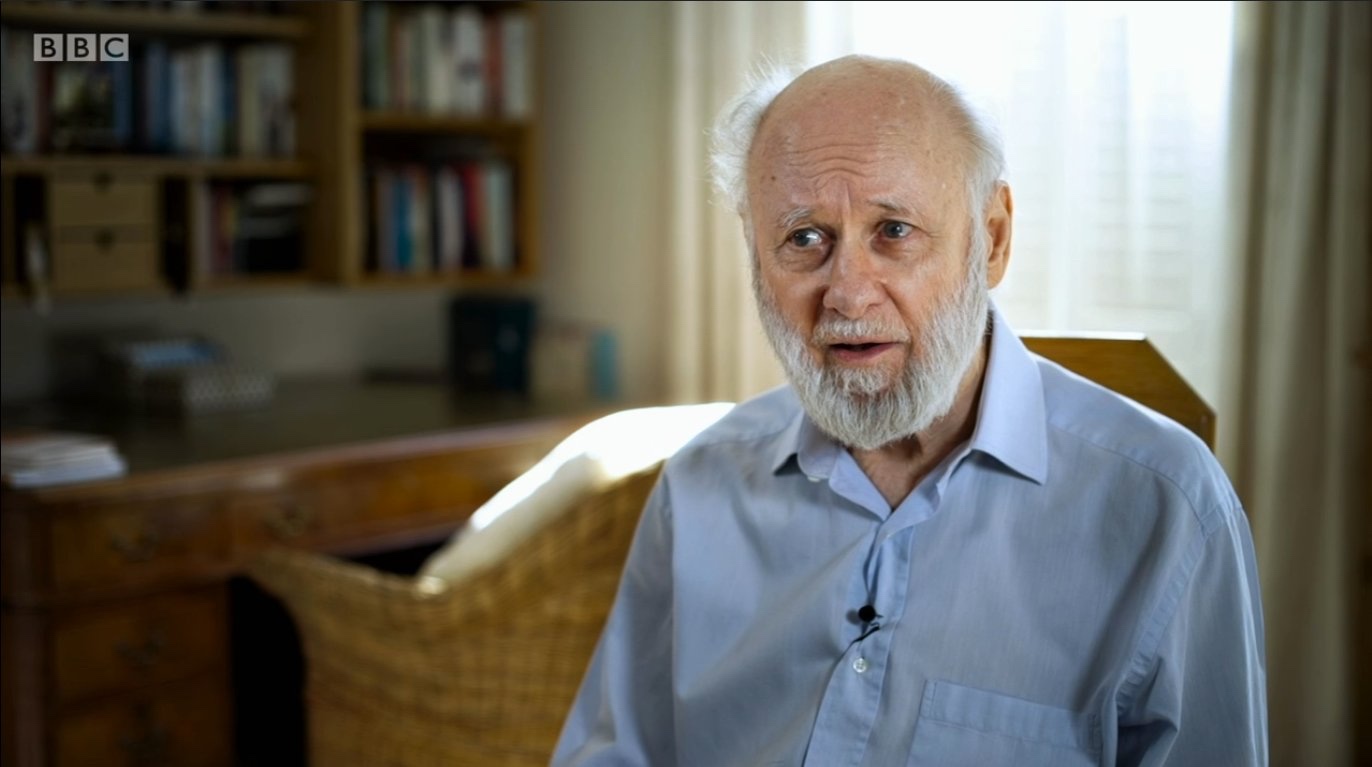
What Christopher Nupen didn’t capture
I learned earlier today that classical music documentary maker Christopher Nupen had died. Nupen is a big deal. He captured classical music artists on film at a point in time when they were regarded as relative rock stars. Search the internet and you’ll find black and white footage of Jacqueline du Pre and Daniel Barenboim…
-
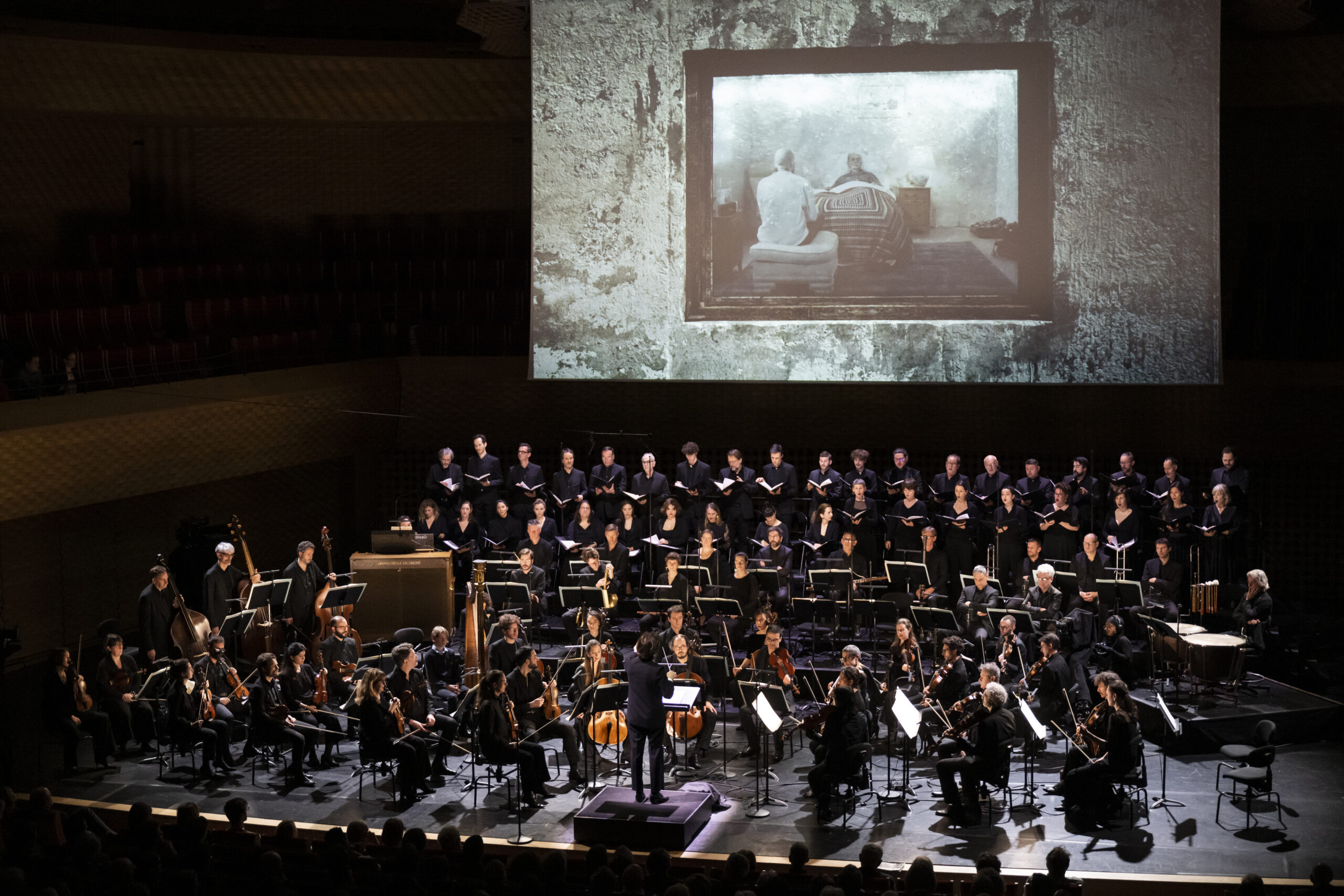
Visual artist Mat Collishaw’s and Insula Orchestra’s ‘Sky Burial’ exposes the majesty and awe at the heart of Fauré’s Requiem
Warning: This blog post contains graphic details about ancient funeral practices which some readers may find disturbing. Until earlier this week I was unaware that sky burials – the custom of dead bodies on mountain tops being left for vultures to feed on – was an actual thing. Indeed, directly after Insula Orchestra’s performance of…
-
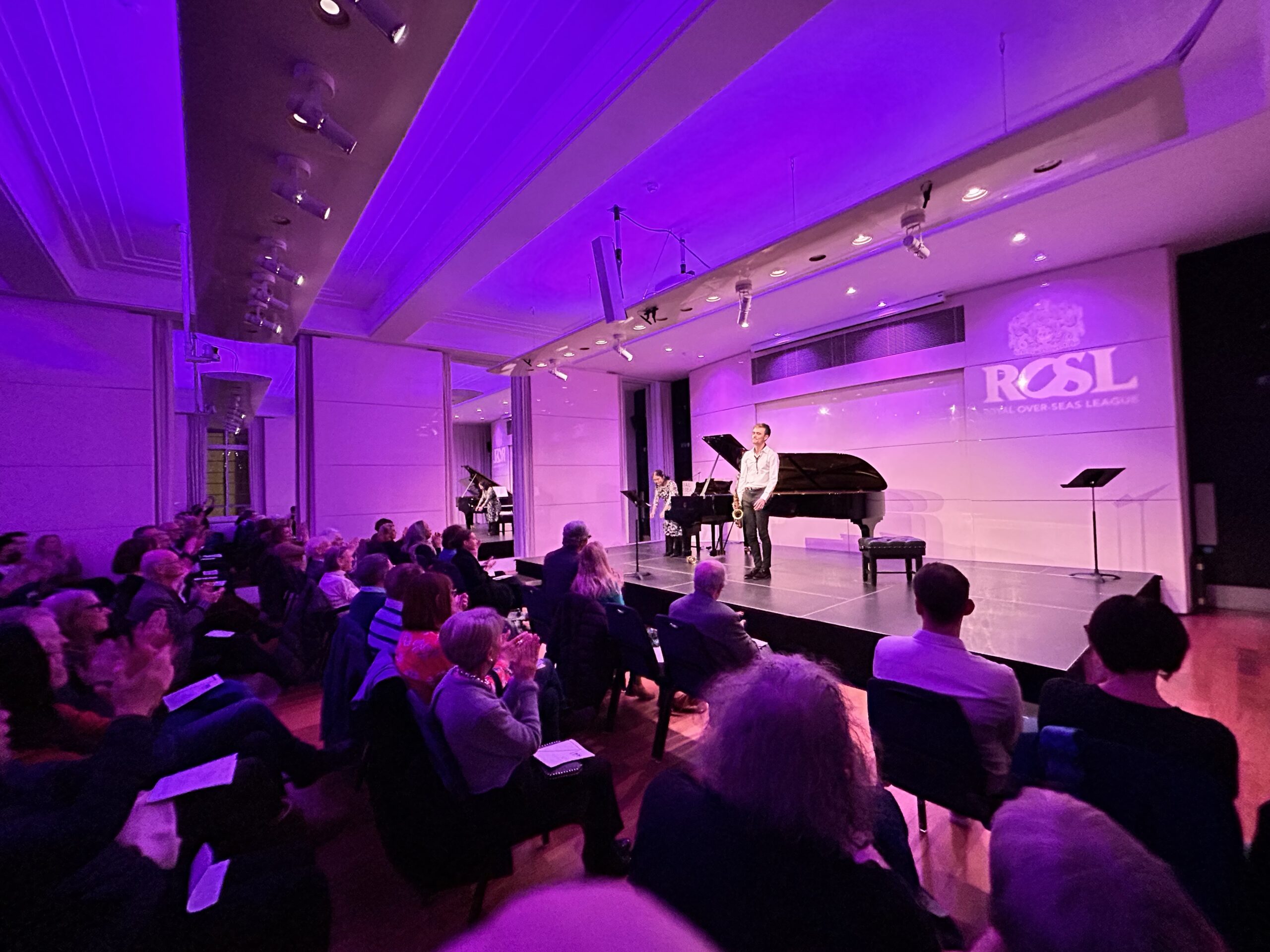
Assessing the new crop at Royal Over-Seas League Music Competition 2023
Thoughts and reflections from the Wind and Brass Section Final of the Royal Over-Seas League Annual Music Competition 2023.
-
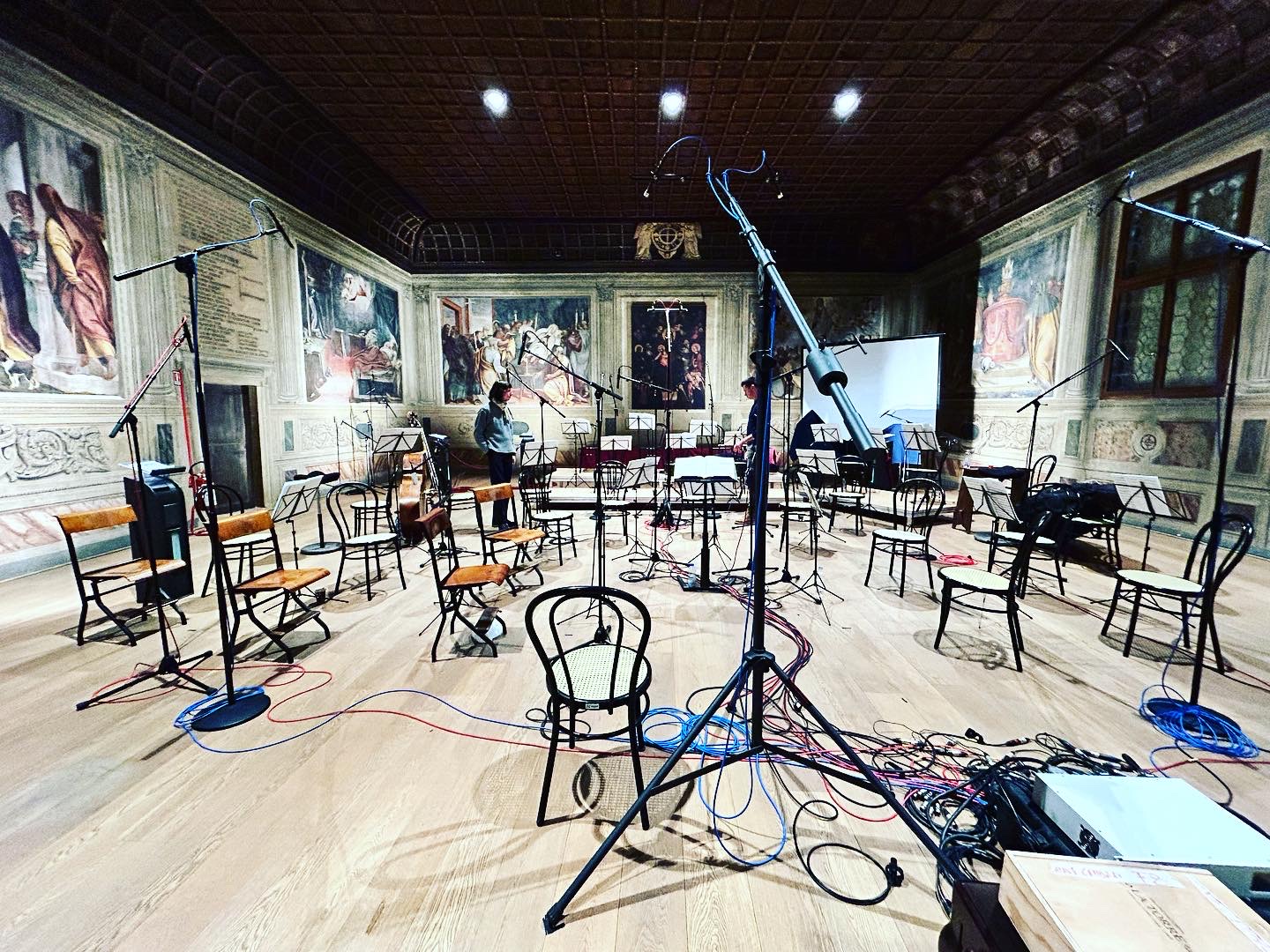
Il Pomo D’Oro and Maxim Emelyanychev record Mozart 40 in Padua
What makes Il Pomo D’Oro’s Mozart odyssey the gripping audio treat it is? Much has to do with the mass of contradictions found in conductor Maxim Emelyanychev.
-
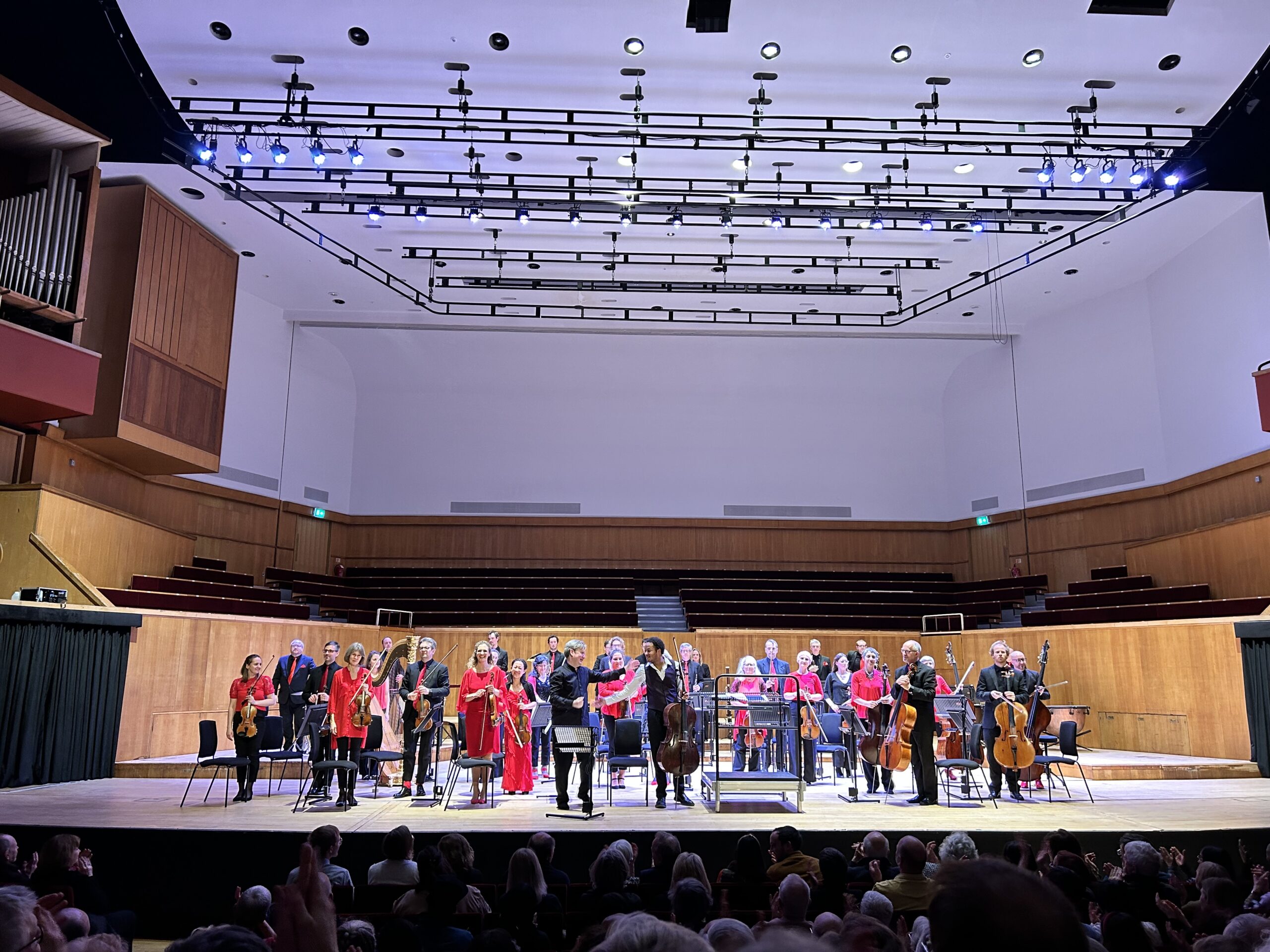
London Mozart Players and Sheku Kanneh-Mason at Fairfield Halls
Increasingly my concert-going experiences start long before the first note is played and extend beyond the music heard in the auditorium.